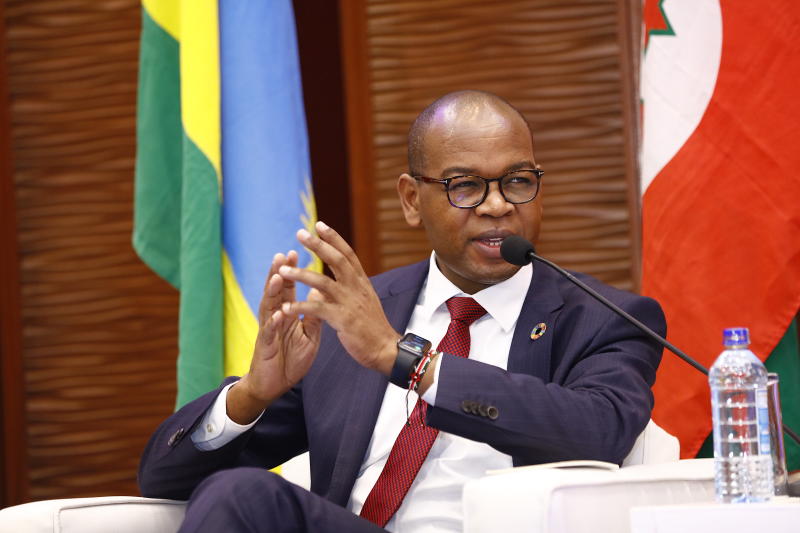×
The Standard e-Paper
Fearless, Trusted News

A surge in mobile loans helped KCB Group stay ahead of Equity Bank as the fight for customers shifts to virtual platforms.
KCB said it posted a five per cent jump in profit from Sh12.1 billion to Sh12.7 billion in the first six months of this year, buoyed by explosive growth in micro-loans.